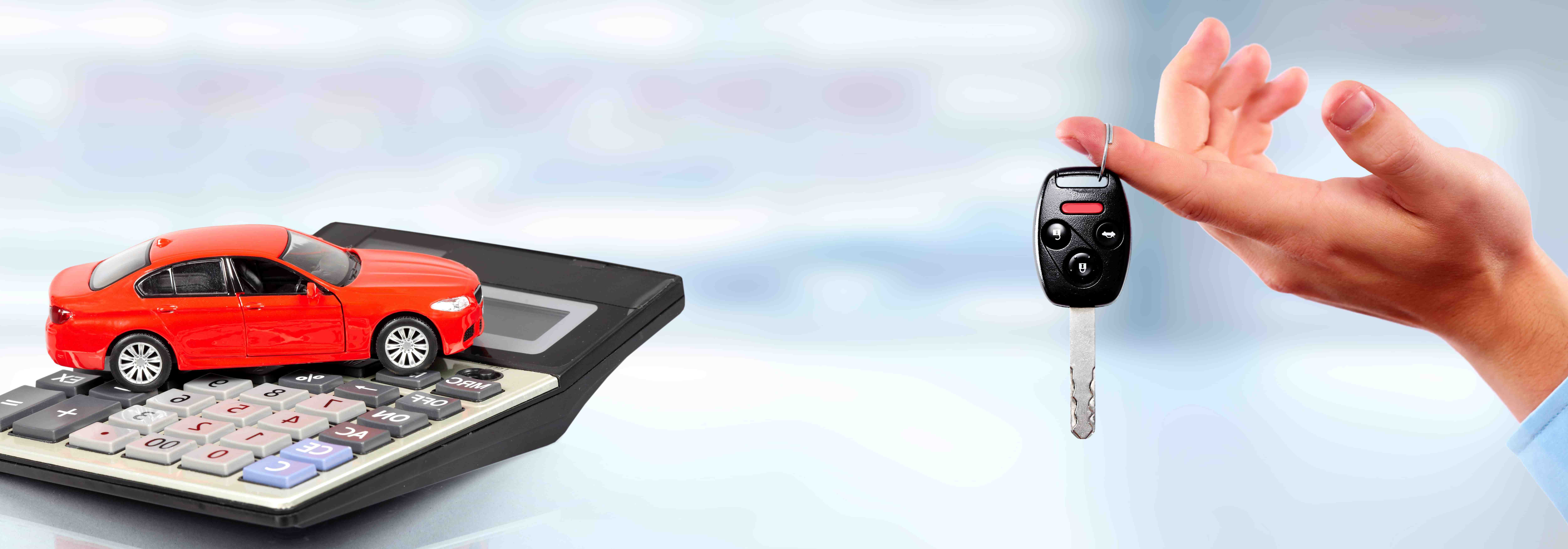Understanding car valuation is essential whether you're buying, selling, insuring, or simply managing the long-term cost of owning a vehicle. Car valuation refers to the process of determining the current market value of a vehicle based on various influencing factors. This figure isn't just a theoretical number; it plays a practical role in your financial decisions related to your car.
What Is Car Valuation?
Car valuation is the estimated worth of a vehicle based on its current condition, age, brand, model, mileage, features, and prevailing market trends. This value is typically assessed using tools and data from online car marketplaces, dealerships, and pricing algorithms that track historical sales.
Valuations can be categorized into different types:
Trade-in Value: What a dealer is willing to pay for your vehicle.
Private Sale Value: The estimated price you could get when selling to another individual.
Retail Value: The price a dealer might list your vehicle for resale.
Insurance Value: Used by insurance companies to determine payouts in case of total loss.
Each of these valuation types serves a different purpose and may vary slightly, even for the same vehicle.
Why Car Valuation Matters
1. Making Informed Selling Decisions
Knowing the value of your car helps you price it correctly in the market. Whether you want to trade it in at a dealership or Sell Your Car Online, accurate valuation ensures you don’t undersell or overprice it.
2. Buying With Confidence
Understanding the fair market value of a car you're purchasing can protect you from overpaying. It also gives you leverage in negotiations.
3. Understanding Depreciation
Every car loses value over time, a concept known as Car Depreciation. A clear grasp of your car’s valuation helps you measure how fast it’s losing value, and which makes and models depreciate more slowly.
4. Insurance and Loans
Lenders and insurers rely on accurate car valuation to determine how much coverage or financing they’re willing to provide. Overvaluation can increase your premiums, while undervaluation may lead to lower coverage than needed.
5. Strategic Timing
Certain Times of Year to Sell a Car can yield better resale prices Spring and early summer are popular due to increased buyer activity. Tracking your car's valuation can help you decide the best time to act.
Key Factors That Influence Car Valuation
Several variables impact your vehicle's worth, including:
Mileage
Lower mileage typically equates to higher value. That’s why Mileage Impacts Car Value significantly, buyers see it as a proxy for wear and tear.
Make and Model
Reliable and in-demand models retain value longer.
Condition
Cosmetic and mechanical conditions are vital. Any history of accidents or repairs lowers the value.
Service History
Well-documented maintenance records add credibility and appeal.
Market Demand
Regional demand, gas prices, and trends (like EV popularity) can shift values quickly.
Safety and Features
Vehicles that fall under the category of Safest Cars often hold their value better due to higher buyer trust and appeal.
How to Check Your Car’s Valuation
Knowing your vehicle’s current market value can empower you with the right information for negotiation, trade-ins, or private sales. Here's a more comprehensive look at the best ways to evaluate your car’s worth:
1. Use a Car Value Calculator
One of the quickest and most accurate ways to estimate your car’s value is by using an online car value calculator. These tools require basic input such as:
Year, make, and model
Trim level and options
Mileage
ZIP code
Overall condition (Excellent, Good, Fair, or Poor)
Leading platforms like Kelley Blue Book (KBB), Edmunds, and NADA Guides pull in pricing trends from recent car sales, auctions, and dealerships to generate fair market estimates. These calculators often provide trade-in, private party, and suggested retail values.
2. Visit Multiple Online Marketplaces
Go beyond valuation tools and research similar listings on platforms like AutoTrader, CarGurus, or Facebook Marketplace. Filter for your region to compare pricing among similar vehicles. This gives you a sense of how much private buyers are actually willing to pay in your area.
3. Get Appraisals from Dealerships
Many local dealerships offer free appraisals, even if you don’t plan to sell to them. They’ll assess your car's condition, perform a quick inspection, and give you a trade-in value. While this amount is typically lower than a private sale price, it offers a useful benchmark.
4. Check Auction Data (for Specialty Cars)
If you own a rare or luxury car, checking platforms like Bring a Trailer or Cars & Bids can be helpful. These platforms publish auction results that reflect real-time buyer interest and niche market demand.
5. Consider Seasonal and Local Market Trends
Car values aren’t static; they fluctuate with demand, fuel prices, interest rates, and even weather. For example, convertibles may be worth more in spring and summer, while 4WD SUVs gain traction in winter. Understanding these Times of Year to Sell a Car can influence the valuation.
Tips to Maximise Your Car’s Value
If you're planning to sell or trade in your vehicle, taking proactive steps can significantly increase its appeal and selling price. Here’s a deeper dive into strategies that help you Boost Your Car’s Resale Value:
1. Stay Current on Maintenance
Buyers and dealers alike are reassured by a vehicle with a consistent maintenance history. Regular oil changes, brake checks, and tire rotations show that the car was well cared for. Keep all service records and receipts these can validate your asking price and build trust with potential buyers.
2. Address Minor Repairs
Small cosmetic and mechanical fixes can lead to a big jump in value. These may include:
Replacing cracked lights or mirrors
Repairing minor dents and scratches
Fixing a chipped windshield
Ensuring all dashboard warning lights are off
A modest investment here can return a higher sale price and reduce buyer hesitation.
3. Detail Your Car Professionally
A spotless interior and shiny exterior create a strong first impression. A full detail cleaning, vacuuming, polishing, waxing, can elevate the perceived value of your car by hundreds of dollars. Don’t forget the engine bay; a clean engine shows care and diligence.
4. Upgrade Strategic Features
Some small upgrades can boost value and marketability. Examples include:
Installing new all-season tires
Replacing worn floor mats
Adding a backup camera or Bluetooth stereo (if appropriate for your car)
Be mindful not to over-customize, as too many modifications may limit buyer appeal.
5. Highlight Fuel Efficiency and Safety Features
In a market increasingly focused on economy and safety, showcasing your car’s EPA mileage, crash test ratings, and safety technologies (lane assist, ABS, airbags) can be a major plus. Cars classified among the Safest Cars often retain more value for this reason.
6. Choose the Right Time to Sell
Maximize your valuation by aligning with peak selling periods. Spring and early summer are great for sedans and family cars, while fall and winter are ideal for AWD and SUVs. Planning around these Times of Year to Sell a Car can lead to quicker sales and better offers.
7. Limit Unnecessary Mileage
High mileage typically reduces resale value. If you're planning to sell in the near future, avoid long road trips or excessive daily driving when possible. Since Mileage Impacts Car Value directly, every thousand miles counts.
FAQs
How often should I check my car's valuation?
It's good practice to check annually or when a major event occurs (accident, new model release, big maintenance, etc.).
Can modifications affect my car's valuation?
Yes. Some aftermarket upgrades (like infotainment systems or alloy wheels) can increase value, but others (extreme modifications, oversized rims) may reduce it due to limited appeal.
Is car valuation the same everywhere in the U.S.?
No. Local market conditions, climate, and demand can affect valuation. For example, 4WD vehicles tend to be more valuable in colder or mountainous regions.
Do electric vehicles depreciate differently?
Yes. EVs can depreciate faster in the early years due to rapid tech evolution but may retain value longer if they’re from reliable brands and offer long range.
Conclusion
Car valuation isn't just a number; it's a vital tool that helps you make informed, strategic financial decisions around your vehicle. Whether you're planning to sell, insure, or just want to track your car’s worth, understanding how valuation works will give you the upper hand in every automotive transaction.



